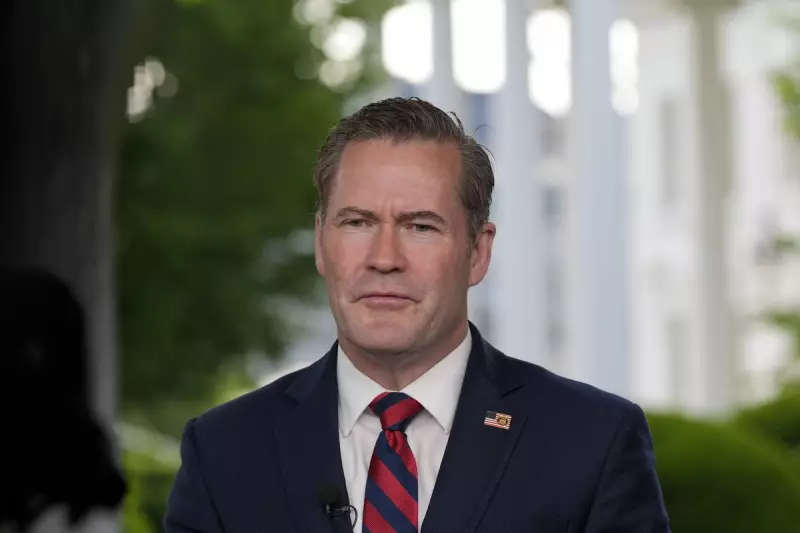
Republican Congressman Mike Waltz has urged the United Nations to adopt the encrypted messaging app Signal for its communications, citing growing concerns over digital security and espionage.
In a letter addressed to UN Secretary-General António Guterres, Waltz highlighted the risks posed by unsecured messaging platforms, particularly in sensitive diplomatic exchanges. "The UN must prioritise secure communications to protect against cyber threats and foreign interference," Waltz wrote.
Why Signal?
Signal, renowned for its end-to-end encryption, has become the gold standard for private messaging among policymakers, journalists, and activists. Unlike mainstream apps, it ensures that conversations remain confidential, a critical feature for high-stakes diplomacy.
Waltz's push follows reports of state-sponsored hacking attempts targeting international organisations. "Adopting Signal would be a proactive step to safeguard sensitive discussions," he argued.
Global Implications
The move could set a precedent for other institutions grappling with cybersecurity challenges. As digital espionage tactics evolve, secure communication tools are no longer optional but essential.
Critics, however, question whether the UN—with its vast bureaucratic structure—can swiftly transition to new technologies. Yet, Waltz remains optimistic: "If the UN leads by example, it could reshape global standards for secure diplomacy."





